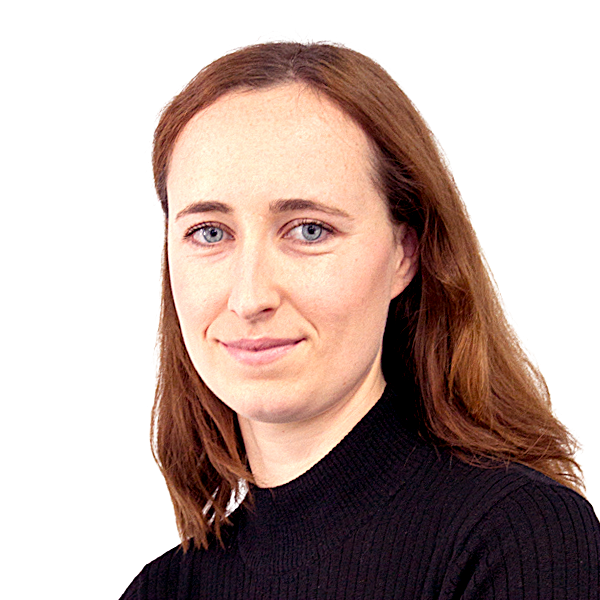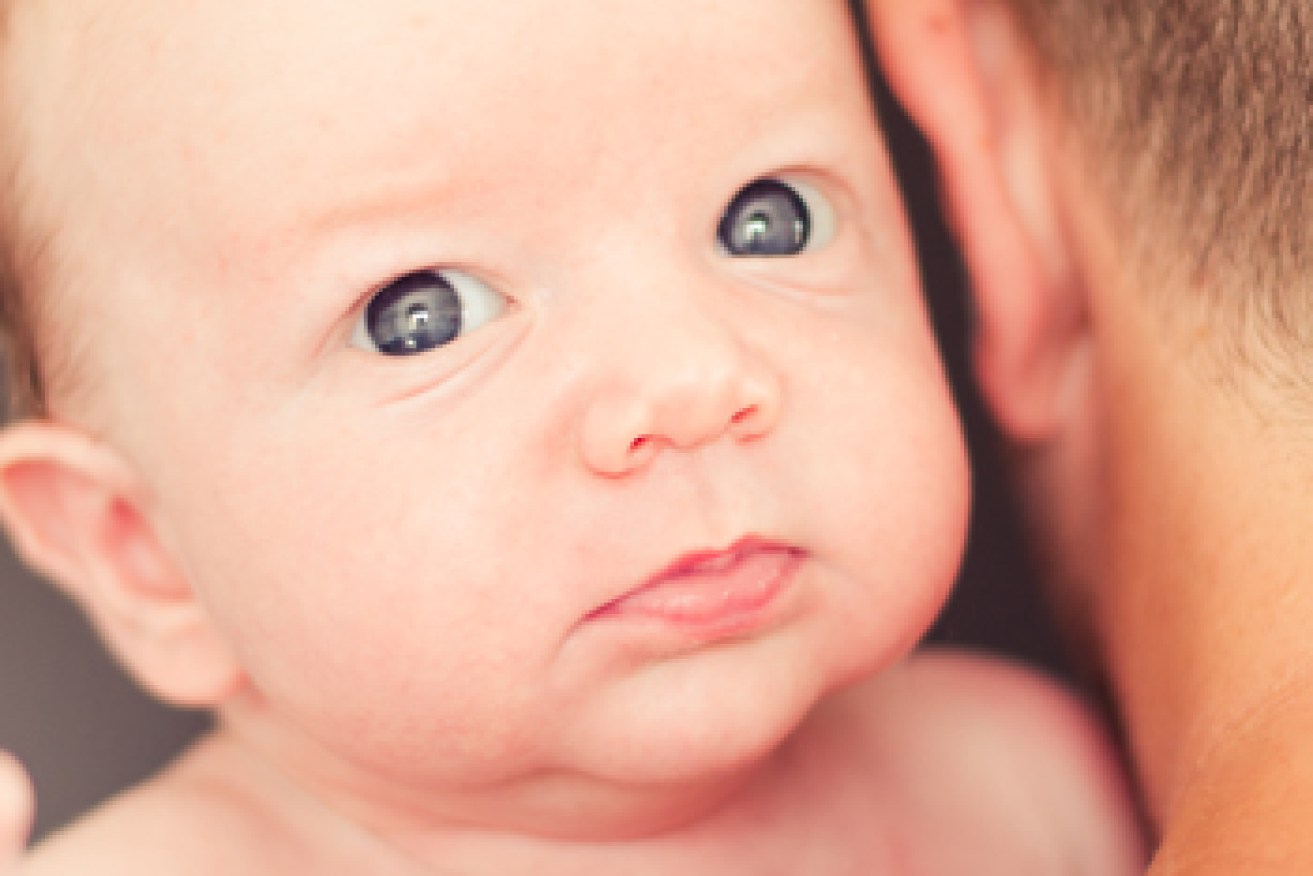Why Australia’s parental leave scheme is a ‘joke’


Parental leave is important because it fosters good relations between employers and employee.
When it comes to paid parental leave, Australia’s current policy is lagging well behind other OECD countries.
And with an election looming next year – or perhaps this year – the issue of paid parental leave could prove to be a key battleground.
But a look at economically-comparative countries has revealed new Australian parents are being short-changed.
• Anger over “double-dipping” comments
• Why Abbott needs women to work
• PM denies calling mums “fraudsters”
This week, streaming site Netflix became the latest in a string of tech companies to offer its employees generous paid parental leave.

All Netflix employees will be entitled to unlimited leave. Photo: AAP
Netflix employees – both male and female – will now be entitled to unlimited leave in their first year as parents, at 100 per cent of their wage.
“Each employee gets to figure out what’s best for them and their family, and then works with their managers for coverage during their absences,” the company said on Tuesday.
“We’ll just keep paying them normally, eliminating the headache of switching to state or disability pay.”
But with most Australians not working for a generous tech giant, experts say our government has a long way to go before we catch up to the rest of the world.
Paid parental leave in Australia
Currently, the Australian government’s PPL scheme provides 18 weeks at minimum wage to the primary carer of a newborn – usually the mother.
In March, the government shelved a proposed leave policy which promised new parents 26 weeks of paid leave at their actual wage, or minimum wage if that was greater.
Of 33 OECD countries paying parental leave, Australia is one of only two that does not pay a percentage of parents’ wages.
Further, the government announced earlier this year that it would save $1 billion by ending “double-dipping”, limiting mothers’ benefits to either government or company-provided, but not both.
How Australia compares
Even before the cuts, Australia’s 18 weeks at minimum wage appeared rather meagre when compared to other OECD countries.
The UK and Canada, both economically and socially comparative countries, offer new parents 37 weeks and 35 weeks respectively.
In Europe, the Scandinavians lead the way, with Norway providing 49 weeks of replacement wages and Sweden 80 weeks at 80 per cent of parents’ wages.
Significantly, most OECD countries that provide a percentage of replacement wages have a cap for higher income earners.
Why the workforce benefits from PPL
Parental leave is important because it fosters good relations between employers and employees, said adjunct professor Eva Cox, social policy and childcare expert at the University of Technology Sydney.
“Companies like Netflix understand that some of their employees are parents, male or female,” said Professor Cox.

Parental leave is important because it fosters good relations between employers and employee. Photo: Shutterstock
“If you give employees reasonable time off, and money on top of that, you give them a sense that they matter.
“The basic message that needs to go out to the government and employers is that good relationships are an important part of higher productivity.”
Professor Cox saw the government’s scrapped PPL proposal as an opportunity lost, and said the backlash over it focused too heavily on high income-earning women likely to have children.
“Instead of saying maybe we should cap it for high-income earners, he threw a tantrum and got rid of the whole thing,” she said.
“It’s an emotional burden”
Tahlia Mandie, family therapist and mother behind blog The Parenting Files, said she was familiar with the struggles of young Australian parents.
“Parents are forced to put their kids into childcare at four months old, when some of them are still breastfeeding,” she said.
“Mothers need to be with their babies for longer.”
Ms Mandie said she would like to see the government’s PPL scheme extended to a minimum of six months.
“Child psychology says those first few months are crucial for forming bonds between parents and children,” she said.
“We’re so far behind the rest of the world, it’s really a joke.”









